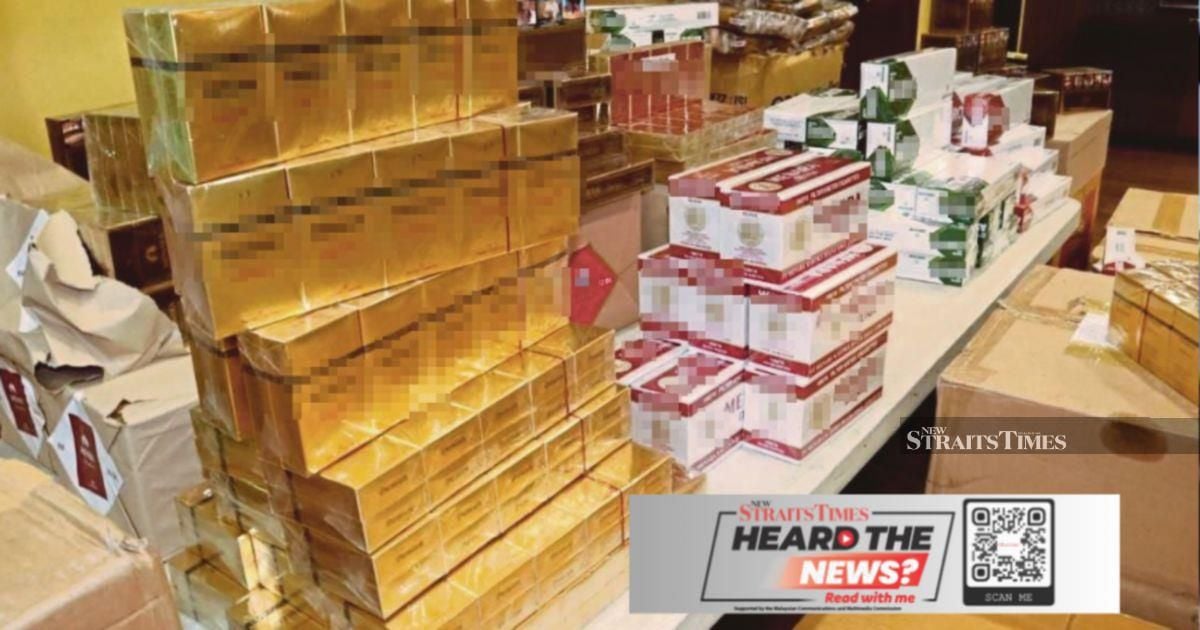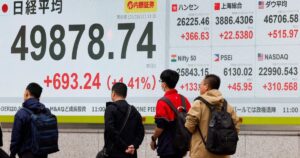KUALA LUMPUR: Southeast Asian governments stand to lose more than US$11 billion over the next three years to illicit tobacco trade, according to a policy brief released by the Center for Market Education (CME).
The report estimates that Asean forgoes around US$3.69 billion in tobacco excise revenue each year, a drain that continues to weigh on public finances.
Based on data from seven Asean member states, CME said these losses amount to nearly eight per cent of the region’s total annual health budgets, undermining critical investments in healthcare, education and climate resilience.
According to CME, Malaysia loses about US$770 million annually, almost equivalent to its projected US$950 million in savings from petrol subsidy rationalisation.
In the Philippines, the government forfeits over US$440 million a year in cigarette excise taxes, exceeding its US$370 million calamity fund for disaster preparedness.
Thailand, where illicit products make up 28 per cent of the tobacco market, loses about US$560 million annually.
Meanwhile, Indonesia, with illicit trade making up over 10 per cent of its tobacco market, records losses exceeding US$5 billion over three years.
CME cautioned that these estimates are conservative due to underreporting and uneven enforcement across the region.
“Losing US$11 billion to illicit trade over three years is not merely a budgetary issue, it is a missed opportunity to invest in people and communities,” said CME chief executive officer (CEO) Dr Carmelo Ferlito.
CME urged Asean to strengthen cross-border collaboration, policy alignment and transparency to recover lost revenue.
“Collectively, Asean can reclaim US$11 billion over three years, a transformational sum that could fund critical nation-building priorities,” Ferlito said.
Crime Stoppers International CEO Hayley van Loon warned that illicit tobacco is part of a larger web of organised crime, often linked to narcotics, human trafficking and counterfeit goods.
“These are not small-scale actors but part of organised syndicates, and illicit tobacco is a gateway to wider criminal economies,” van Loon said.
© New Straits Times Press (M) Bhd






